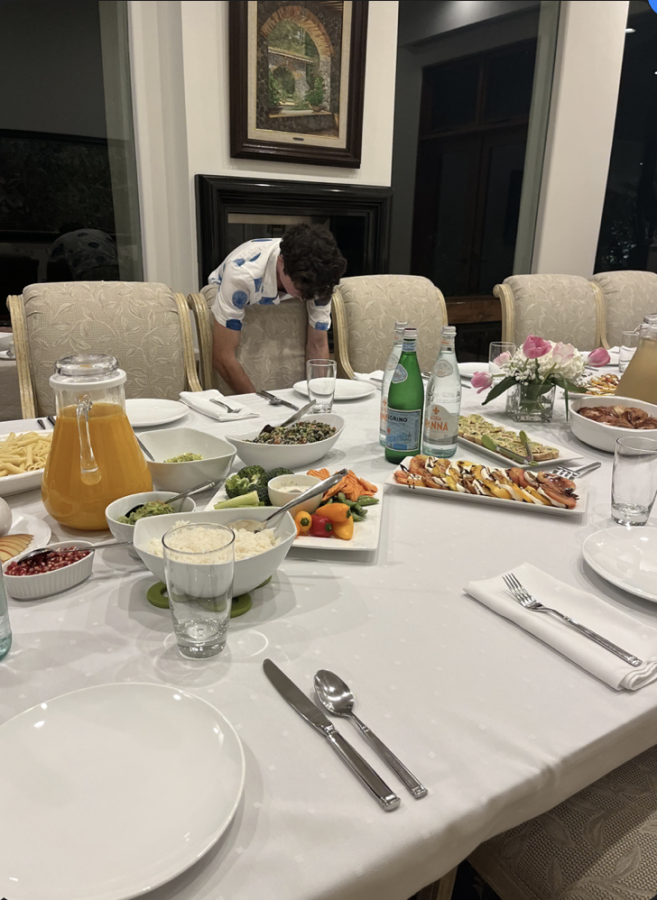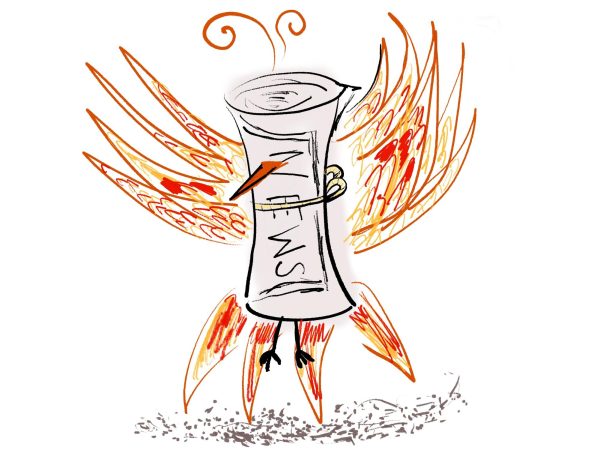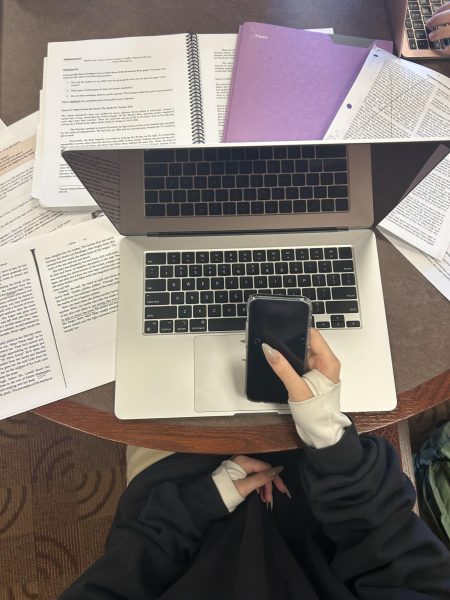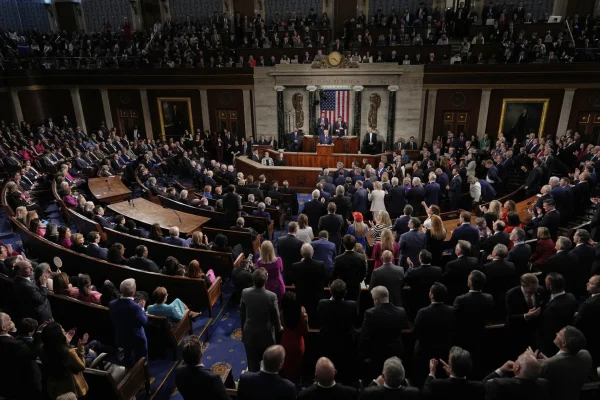A Solemn Day: Bishop’s observes Yom Kippur
The breaking fast feast on Yom Kippur is one of the tastiest parts of the day, and one to be celebrated with family and friends.
To many people, having Wednesday off of school meant a day to relax, or catch up on homework. But to some people, this day off was an important day of self reflection and praying. Many students at Bishop’s celebrate Yom Kippur, the most important holiday in the Jewish faith. This holiday follows the Hebrew calendar, where Yom Kippur is the tenth day of the seventh month, and Rosh Hashanah is the first day of that month.
Yom Kippur means the day of atonement. Since Rosh Hashanah, the Jewish new year, had just happened, Jews use Yom Kippur as a day to reflect on the past year – what they’ve done wrong, and how to improve. Although the two holidays are close together, Rosh Hashanah is more of a celebration – eating apples dipped in honey to celebrate the sweet and happy new year – while Yom Kippur is a day that is more somber, spent repenting and fasting, and looking back on mistakes you have made in the past year. Yom Kippur always happens exactly ten days after Rosh Hashanah. Eliana Leff (‘26) explains that in between the two holidays, “there aren’t any commandments you have to do but it’s typically just getting ready for the new year…setting your goals and also asking God for forgiveness from your sins in the past year.”
Jonas Pfefferman (‘24) explains, “[Yom Kippur] is not exactly much of a celebration, it’s a pretty solemn day.” On Yom Kippur, the day is mostly spent in the synagogue, a building where Jews meet for worship and instruction, repenting and praying. Jonas notices how being at the synagogue “is a lot of time to reflect on myself, and what I’ve done over the year, and how to improve.” In the synagogue, Jews ask for forgiveness for missteps they’ve experienced over the past year and reconcile with God. Eliana describes being in the synagogue as “a way to be with God and pray.” The time spent in the synagogue allows Jews to reflect on the past year, and set goals.
Many traditions also happen in the synagogue, Zachary Haubenstock (‘28) explains, “I sang in my synagogue’s youth choir, so in the morning I went to services and we did things like reading the Torah and we sang several songs.” Eliana also added, “we throw bread in water and that shows, like, throwing your sins away.” On Yom Kippur, the synagogue provides many services. There is a service on the evening before Yom Kippur, called Kol Nidrei, along with many morning, afternoon, and night services on the day of Yom Kippur called the Shacharit, Yizkor, Musaf, Mincha, and Neilah.
During Yom Kippur, Jews fast, not drinking water or eating food, from sundown the day before to sundown the day of Yom Kippur. The idea behind fasting is to allow Jews to focus on reflection and not having distractions such as thinking about their next meal. Zachary explains, “you can’t do anything that you take pleasure in.” Along with not eating or drinking for the whole twenty five hours, this includes not wearing leather shoes, using lotion and creams, and washing or bathing. Jonas mentions, “I’ve also personally taken a fast from electronics in general, just you know, staying away from them, not causing any distractions, and yeah, just thinking.”
After fasting the whole day, breaking the fast is always a huge celebration and something to look forward to. Eliana explains, “at 6:30 we broke the fast. So all our family and friends were there. We just all ate food and had a blast.” Breaking the long fast could happen at the synagogue, or at your home, and is usually spent with family and friends. Zachary says optimistically, “This is a fast day so I did not eat or drink to prepare for when I actually am required to next year when I have a bar mitzvah when I’m thirteen.” Fasting is required for adults, but if you are under thirteen years old or have a medical condition that blocks you from doing it, you are not required in any way.
Yom kippur is a day filled with traditions and culture, and usually spent praying to God, and reflecting on what you’ve done wrong the past year. For Jews, the past few weeks have been spent getting ready for the new year, celebrating and repenting. Eliana concludes, “[Yom Kippur] is cleansing your body, connecting with God, setting your goals, and starting off the new year with a fresh start.”

Melanie is a junior and Online Editor of The Tower. She’s been on staff for three years and this is her second year on the editorial team, having previously...
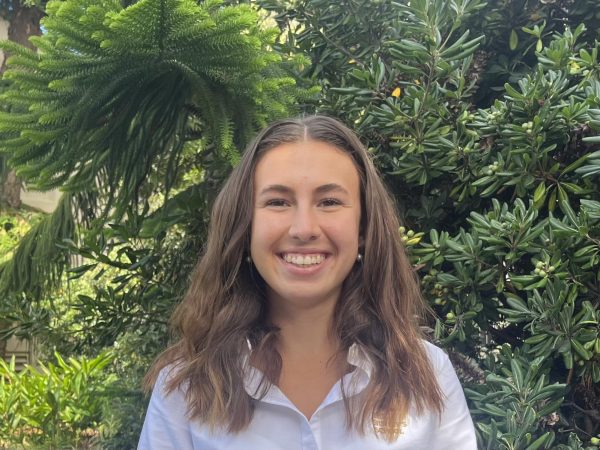
This is Leila’s fourth year on the staff and her second as Editor-In-Chief. Leila loves The Tower as much as she loves field hockey, peach Snapple, the...


